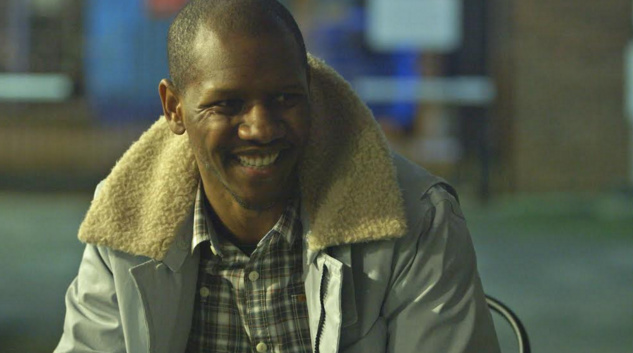As incarceration numbers have topped out in recent years thanks to what looks like the beginning of the end of the war on drugs, women have gained a stronger foothold in the prison industry, getting jobs that—like so many others in America—have traditionally been dominated by men.
But along with that progressive change has come a steady drip of lurid tales about sex between guards and inmates. Last week, Ciara Jones, a guard at the St. Louis City jail, was charged with three counts of sexual contact with an inmate, each punishable by up to four years in prison.
Videos by VICE
We probably shouldn’t be too shocked, though. There is no rule, regulation, or state of affairs a savvy prisoner cannot subvert. This has been proven many times over and is confirmed when you talk to long-time inmates.
“I love when I see a new, young, and naive female working in prison,” says a convict we’ll call Mack.
Mack has spent the better part of the last 20 years in and out of state and federal prison. He’s in his 40s, a born-and-bred criminal who is all about what others can do for him in the here and now. I met many people like Mack during my 21 years of incarceration—sharks who prey on the vulnerable, exploiting anyone who fits the bill to their own nefarious ends. Fans of HBO’s Oz will recall that Ryan O’Reilly, the Machiavellian character played by Dean Winters—the guy in all those Allstate insurance TV spots—had sex with at least one guard to secure advantages inside.
“It doesn’t even matter if she is pretty. I mean that helps, but all that matters is if she is game,” Mack says. And by “game,” Mack means being down with whatever he wants the guard in question to do—bring in contraband items like tobacco, cell phones, and drugs, or even have sex with him.
It starts out with a little flirting at mail call, or asking a guard if her office needs cleaning. Then the prisoner can start asking for little favors like being allowed to eat early, or for the guard to look something up on the internet.
But how do guards let themselves get involved with their charges?
“I believe that a lot of times the females that engage in this type of ethical suicide have major issues going on with themselves before they are even hired,” Tamara, a former corrections officer who has moved into prison administration at a Midwestern facility, tells VICE. “A lot of them are single mothers who are looking to fill a void in their lives, whether it be not having a spouse, or a father figure on the outside.” And convicts like Mack know how to play right into that.
“Shit, I can be their daddy, I can be their man, their boyfriend, best friend or whoever they need me to be,” he says. “As long as they get me what I want I can be whatever and whoever they need me to be. It’s all a game really, a tradeoff. I know nobody does nothing for free, and if I got to sex one of these broads down to get her to bring stuff in to me, then you know what time it is.” With minimal training, some of these women are being thrown into the lion’s den without the tools to succeed. And the hiring practices of prisons don’t help the situation.
“A lot of people that choose to work in corrections really shouldn’t be working in corrections and probably wouldn’t be if every employer did psychological evaluations in addition to background checks,” Tamara says. “Nowadays, it’s all about what I [the guard] can get out of it.” That feeds right into the convict’s mentality of, What can you do for me right now. It’s all about instant gratification. And like Mack says, it’s a tradeoff.
“If she wants sex and attention for drugs and phones, that is a fair trade in my world,” Mack says. “I am just trying to make some money because money equals power and in here, power is respect. I am trying to do the time, not let the time do me. And female diversions are nice, especially when they help me keep my rackets going.” The correctional officer might see herself as the one in control of the situation because she is the one with the keys, but sometimes they’re just getting played.
“I hate to say it, but a lot of correctional officers, male and female, have low self- esteem,” Tamara says, which can lead to them befriending or starting relationships with inmates.
But female guards who get caught up in all this are paying a price. I saw numerous female guards lose their jobs and get walked out of the prison during my incarceration. A lot of this sort of thing is swept under the carpet by prison officials, leaving fellow guards to speculate about what exactly inspired the dalliance.
According to Tamara, the appeal is “a combination of getting away with something that is forbidden, the rush of being with someone as hardcore as an inmate, and the false sense of control that they think they have over the situation [but] not necessarily over the inmate. They may have lost all sense of control over every other aspect of their lives, and this form of relationship is something they think they have control over by not getting caught by their superiors or other inmates.”
With better training, higher standards, and the proper psychological evaluations, these episodes might be prevented. And they should be stopped, because the only ones benefiting are the most manipulative portion of America’s massive prison population.
Follow Seth Ferranti on Twitter.



